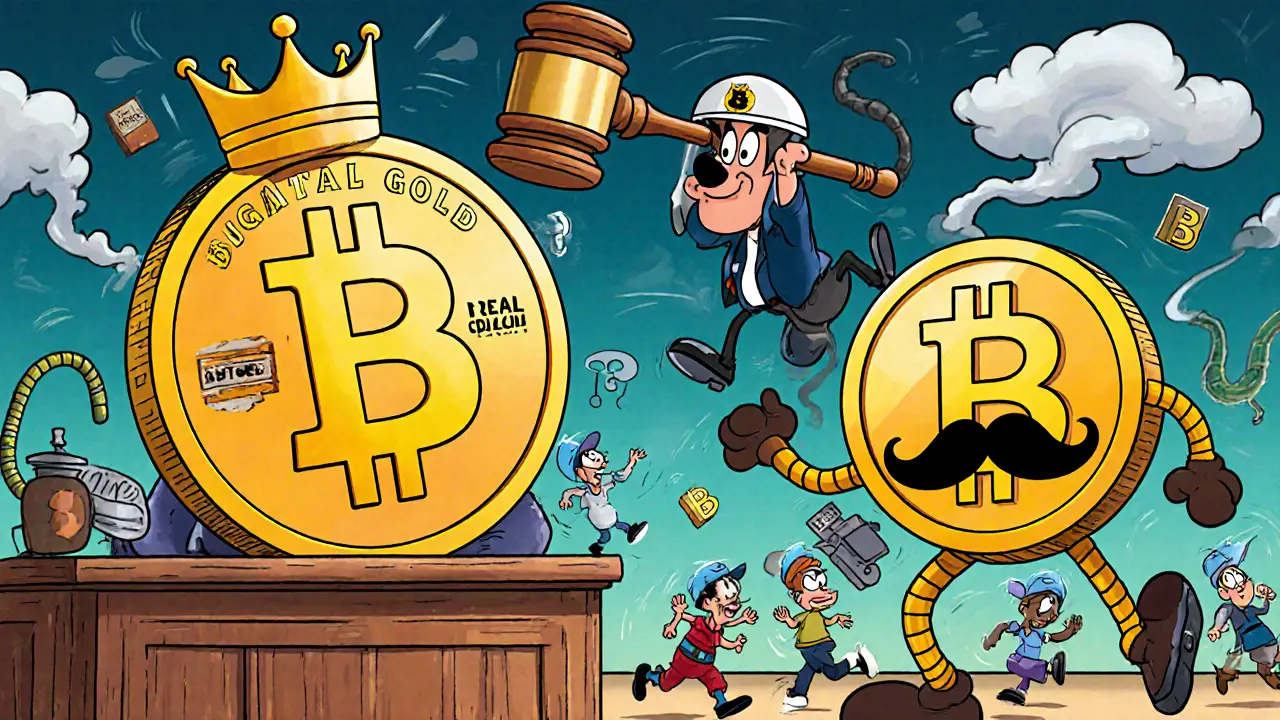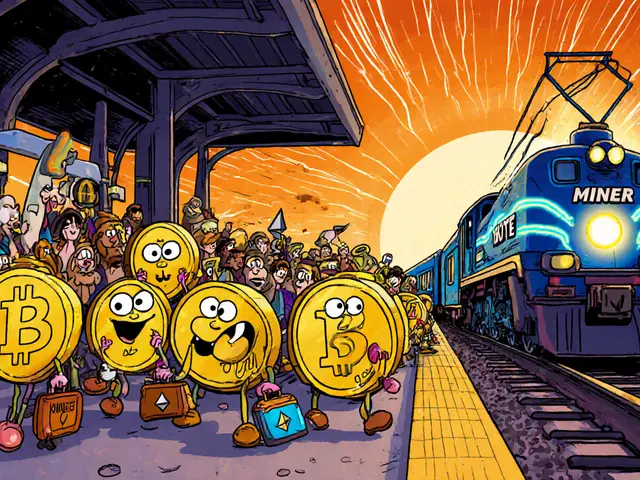Bitcoin Cash: What It Is, How It Differs from Bitcoin, and Why It Still Matters
When you hear Bitcoin Cash, a cryptocurrency created in 2017 as a direct fork of Bitcoin to fix scaling issues. Also known as BCH, it was built by a group of developers and miners who believed Bitcoin was becoming too slow and expensive for real-world use. Unlike Bitcoin, which prioritizes security and decentralization over speed, Bitcoin Cash increased its block size to let more transactions fit into each block—making payments faster and cheaper.
That decision sparked a major split in the Bitcoin community. One side wanted to keep Bitcoin as digital gold, storing value with high security. The other side, including Bitcoin Cash supporters, wanted it to be digital cash—something you could actually use to buy coffee without waiting 10 minutes or paying $5 in fees. This isn’t just technical jargon—it’s a fundamental disagreement about what cryptocurrency should be. Bitcoin Cash didn’t just change a number; it changed the purpose. And while Bitcoin’s price grabbed headlines, Bitcoin Cash kept building tools for everyday spending, like Lightning Network alternatives and merchant payment processors.
It’s not just about block size. Bitcoin Cash also removed SegWit, a Bitcoin upgrade that changed how transaction data is stored. Bitcoin Cash developers argued SegWit was a band-aid. They preferred a clean, straightforward fix: bigger blocks. That made Bitcoin Cash easier to understand for newcomers and cheaper to run on node software. Today, it still runs on its own network, with its own mining rewards, wallet addresses, and community. It’s not Bitcoin. It’s not Ethereum. It’s its own thing—with real transactions happening every day, even if the media barely notices.
People still ask: Is Bitcoin Cash dead? The answer isn’t in the price charts. It’s in the wallets. Merchants in Japan, El Salvador, and parts of Africa still accept it. Developers still push updates. Wallets like Electron Cash and Bitcoin.com Wallet still support it. It’s not booming, but it’s not gone either. What you’ll find in the posts below are deep dives into how Bitcoin Cash works, what happened to its biggest supporters, why some exchanges dropped it, and how it compares to other forks like Bitcoin SV. Some posts even show you how to claim old BCH from 2017—yes, that’s still possible. This isn’t a history lesson. It’s a practical look at a cryptocurrency that refused to fade away, even when everyone said it should.







Categories